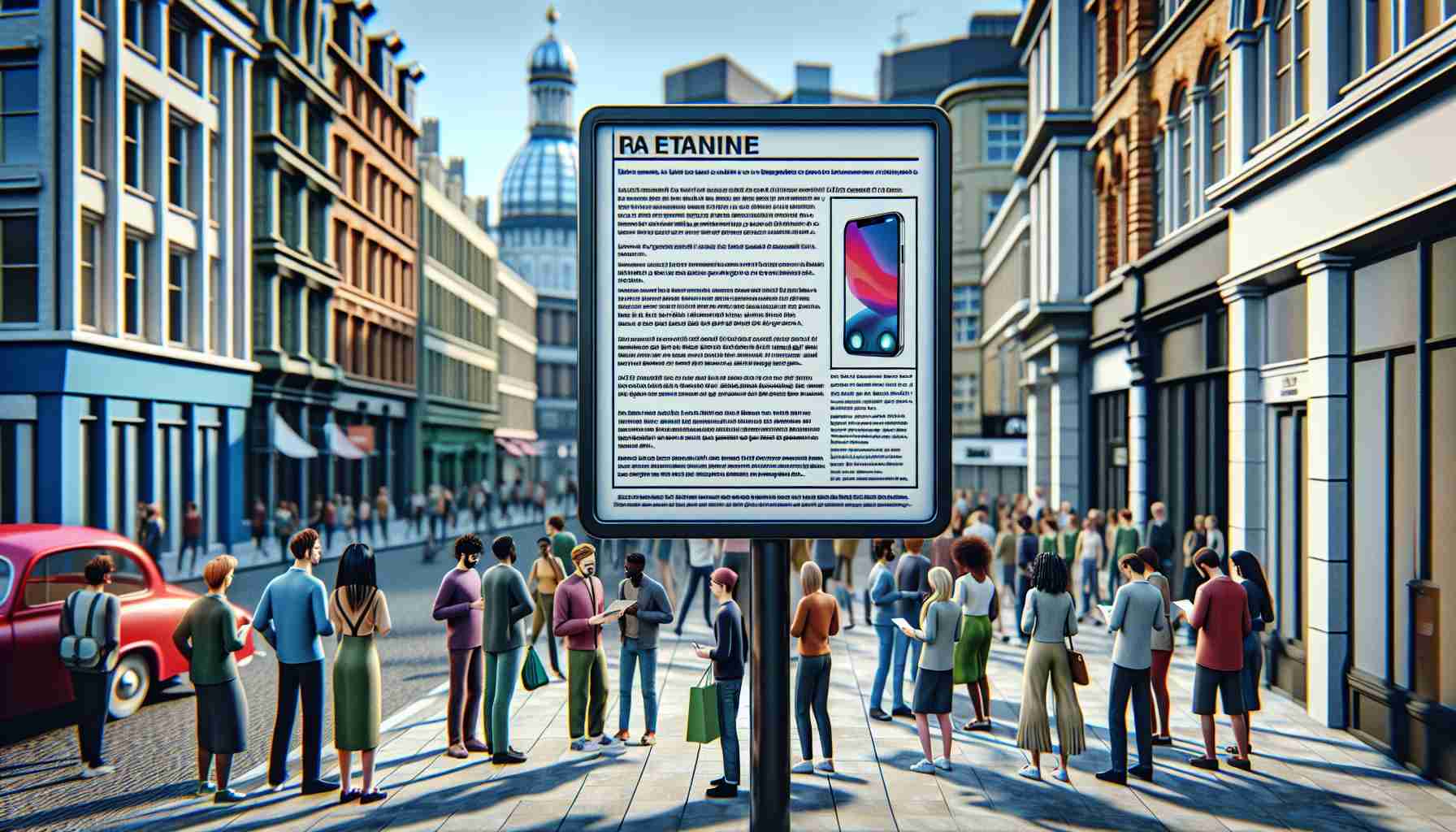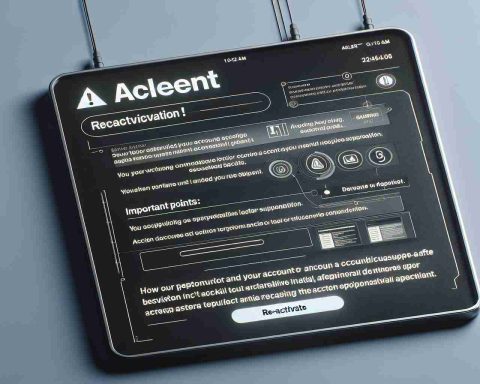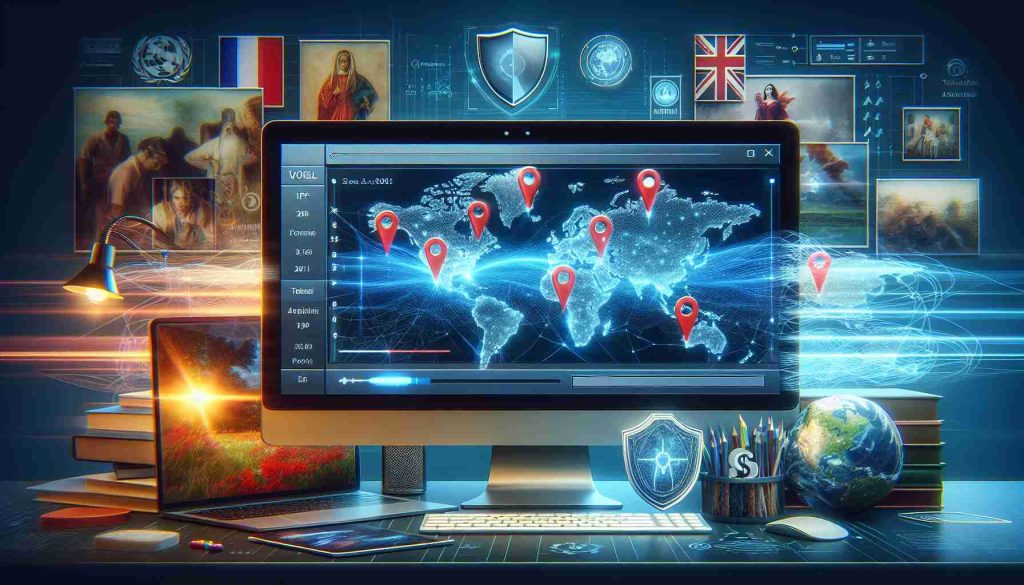The recent rumor concerning a supposed ban on Apple phones in the Pu’er City government has been officially debunked. Following extensive online speculation regarding an announcement prohibiting officials from using Apple smartphones in offices, local government officials confirmed that the information circulating is nothing more than baseless gossip.
Reports emerging from Pu’er City’s government office clarified that no such notice exists, urging the community to avoid spreading or believing in unfounded claims. The fabricated document that circulated included statements asserting that, effective immediately, government employees at all levels were restricted from carrying Apple phones into sensitive areas.
Many internet users pointed out discrepancies in the alleged announcement’s format and content, indicating it was indeed a forgery. Observers noted that authentic governmental communications require thorough reviews and adherence to established guidelines, and therefore, the content of this rumored notice was inconsistent with standard procedures.
Legal experts were quick to warn that both the creation and dissemination of false information could lead to legal repercussions under the law governing public safety in China. The Pu’er City government has emphasized the importance of accuracy in communications, reinforcing that vigilance against misinformation is crucial for maintaining public trust and order.
Debunking the Apple Phone Ban Myth: Insights from Authorities and Experts
In a recent wave of misinformation, rumors suggesting a ban on Apple mobile phones among government officials in Pu’er City have been thoroughly dispelled by local authorities. This incident highlights the broader issues around misinformation and the importance of fact-checking in today’s digital landscape.
Key Questions Addressed
1. What triggered the rumors about the Apple phone ban?
The rumors reportedly emerged from a fabricated announcement circulating on various social media platforms, leading to widespread concern among citizens and government employees.
2. How did local authorities respond to these claims?
Authorities promptly issued a statement clarifying that no official ban was in effect, urging the public to disregard the misleading information and emphasizing the importance of relying on verified news sources.
3. What are the potential legal implications of spreading such misinformation?
Experts advise that disseminating false information can result in legal consequences, particularly under regulations aimed at safeguarding public safety and trust. Individuals involved in the creation and spread of such rumors could face legal action.
Challenges and Controversies
The circulation of false claims poses significant challenges for both government officials and citizens. The primary challenges include:
– Public Trust Erosion: Misleading information can undermine public trust in government communications and institutions, leading to confusion and an atmosphere of skepticism.
– Resource Allocation: Authorities must divert resources to combat misinformation, which could have been utilized for other pressing responsibilities.
– Awareness and Education: There is an ongoing need for greater public awareness regarding how to identify credible information sources amidst a deluge of online content.
Advantages and Disadvantages of the Situation
Advantages:
– Increased Vigilance: This incident has prompted local authorities to enhance their communication strategies, ensuring clarity and transparency to build public confidence.
– Public Discourse on Misinformation: It has sparked conversations around media literacy, underlining the necessity for citizens to critically evaluate information before sharing it.
Disadvantages:
– Potential for Panic: False bans or restrictions can lead to unnecessary panic among citizens, making them question the integrity of their local governance.
– Distrust in Technology: Such rumors could contribute to a broader distrust in technology companies and their products, especially in politically sensitive environments.
Conclusion
The recent debunking of the alleged Apple phone ban in Pu’er City underscores the critical need for fact-checking and reliable communication in the digital era. With the rise of misinformation, both authorities and the public must be vigilant in their efforts to foster a truth-based community. Addressing these challenges head-on will ultimately lead to a more informed society.
For more detailed insights on technology and communication issues, visit Apple and China’s Government.




























